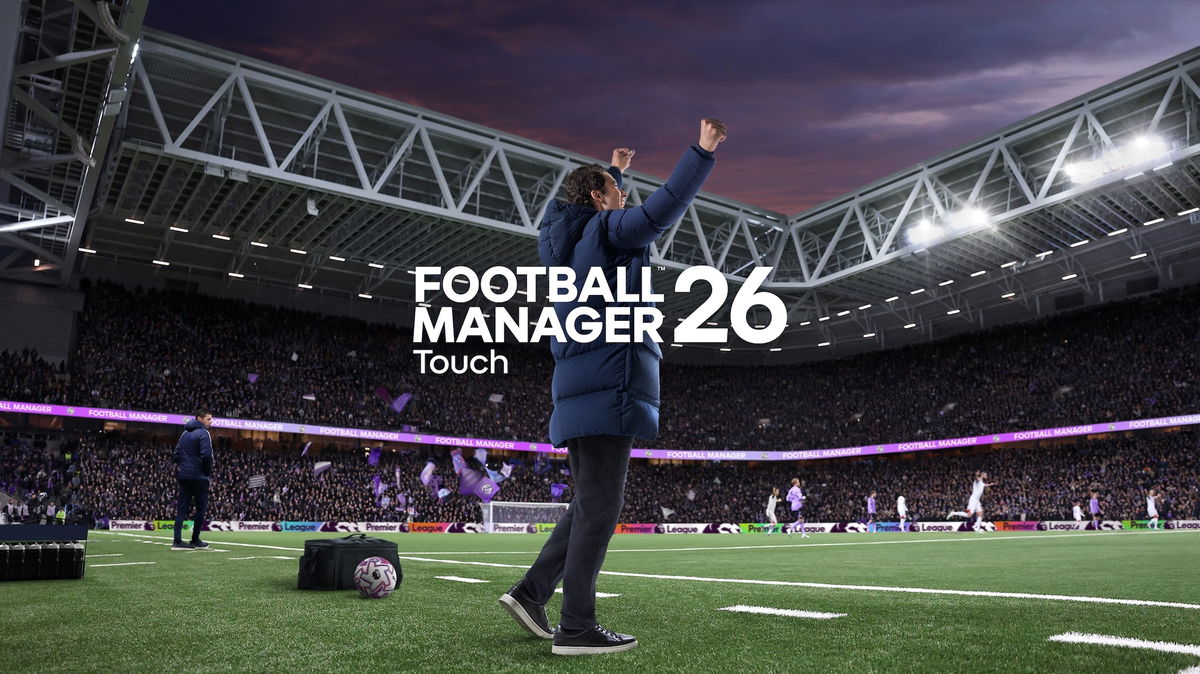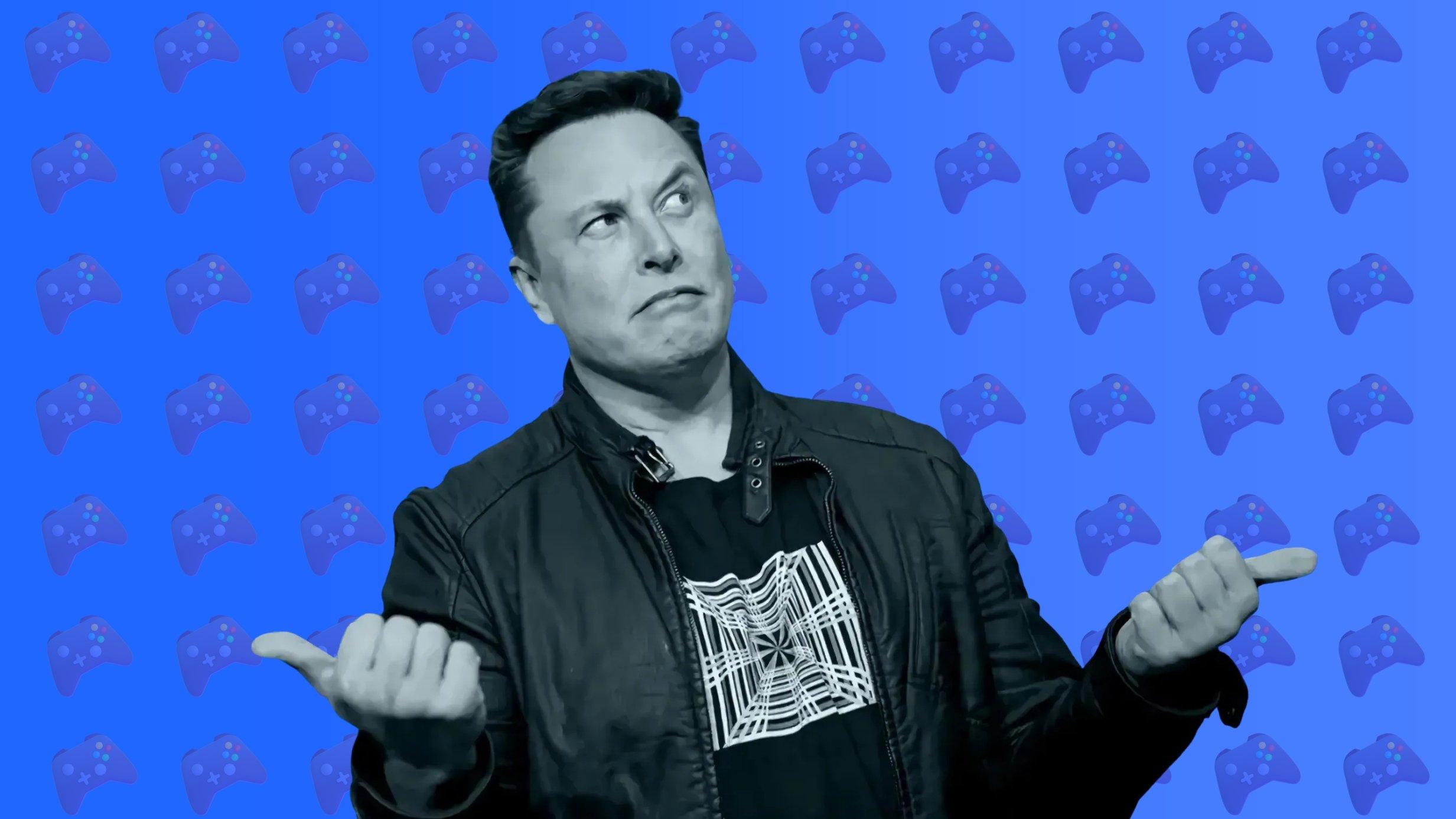Unity Technologiesa company that develops technology for video games such as home, Genshin Impact and thousands of independent publications, was forced to close two offices due to death threats. The company suspended the general meeting of its employees and asked them not to come to work today. The solution comes after introduction of a new pricing policy which has irritated thousands of developers.
According to a report from Bloomberg, Unity closed its offices in Austin and San Francisco after receiving a credible death threat. The company has been in the eye of a storm since September 12, when it announced that will charge you for each installation of games which are developed using its graphics engine.
“We are introducing a Unity Runtime fee that is charged per end user download of a qualifying game. We chose this option because every time the game is loaded, the Unity Runtime is also installed,” he mentioned in his blog.
Announcement angered thousands of developersincluding the creators Among us, Innerslot. Unity was accused of jeopardizing the financial stability of independent studios. introduce an offensive policy without prior notice.
“The retroactive pricing structure is not only harmful to developers (especially independent ones) in many ways, but it is also a violation of trust,” said MegaCrit, the studio responsible for the development. Kill Spire. “We believe Unity is fully aware of this, as they have gone so far as to remove their TOS from GitHub.”
terms of Use will apply to all games released in 2024including those that began their development two or three years ago and did not anticipate this change.
How Unity angered the developers
The shift towards a more aggressive usage policy joins Unity’s list of failures. The company, once the most popular among the indie developer community, lost his way with the arrival of John Riccetello. The former EA CEO took the reins of Unity Technologies in 2014, planning a massive expansion to compete with Unreal Engine.
Since then, the CEO has found himself in the spotlight not only for his previous leadership, but also for his corporate decisions. In 2022, Unity merged with IronSource, a mobile platform accused of installing adware, causing criticism among all users. John Riccetello later said in an interview that developers who have not presented a monetization strategy They were “bloody idiots”.
The day John Riccetello wanted to charge $1 for every top-up. Battlefield
At a meeting with shareholders in 2011, the then-CEO of Electronic Arts wanted to implement a microtransaction policy in one of the company’s most popular games. “When you play for six hours Battlefield and you’re out of ammo in the magazine and we’re asking you for a dollar to reload, at that point you’re really not that price sensitive,” Riccetello said. The manager tried to apply a model similar to that of mobile games, where you play first and pay later.
The new plans Unity announced this week have a bit of Riccetello in their DNA. The terms of use stipulate that if a game has made more than $200,000 or had more than 200,000 downloads, the developer will have to pay $0.20 for each additional installation. This figure decreases for Enterprise plan customers or those who choose to use Unity’s monetization tools.
“The developers who will be affected tend to be those with successful games and revenues well above the thresholds,” a company spokesperson said. “This means that developers who are still building their business and expanding the audience for their games will not pay a commission.”
Although Unity tried to clarify the situationthe company did not back down its policy, which will take effect on January 1, 2024.. John Riccetello was supposed to meet with employees, but it was canceled due to death threats.
Source: Hiper Textual
I am Bret Jackson, a professional journalist and author for Gadget Onus, where I specialize in writing about the gaming industry. With over 6 years of experience in my field, I have built up an extensive portfolio that ranges from reviews to interviews with top figures within the industry. My work has been featured on various news sites, providing readers with insightful analysis regarding the current state of gaming culture.














